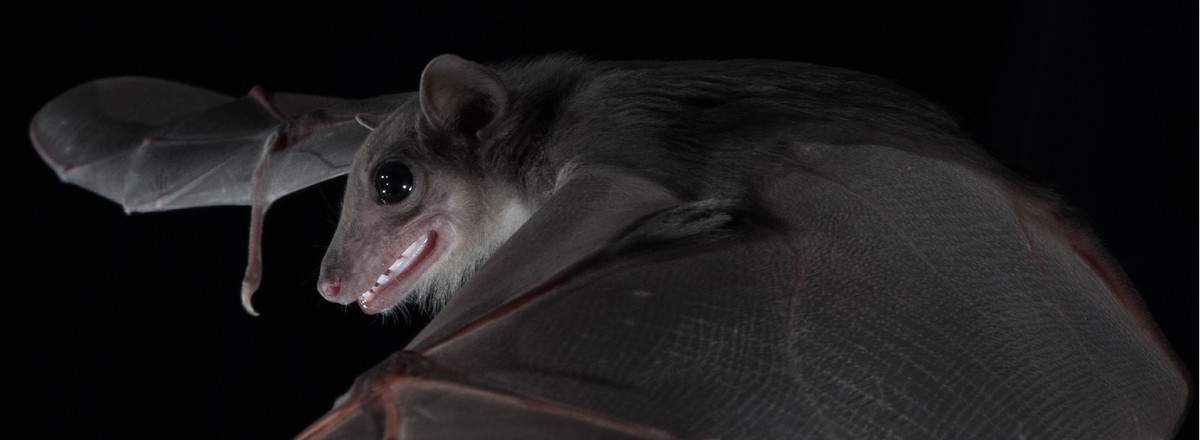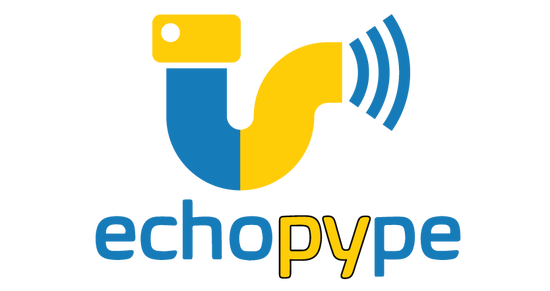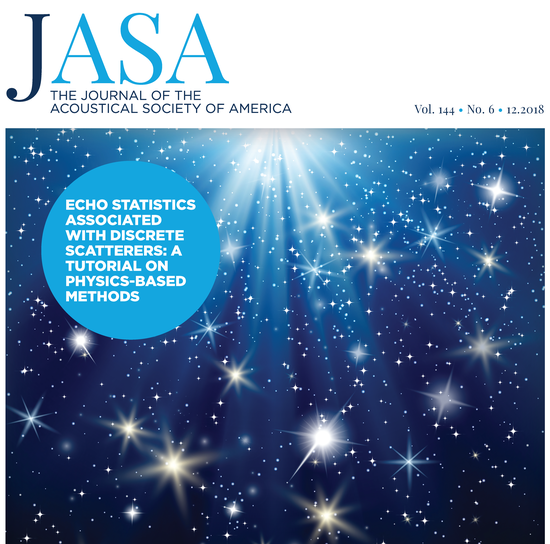Wu-Jung Lee
Senior Oceanographer / Principal Investigator
Applied Physics Lab, University of Washington
Acoustic Informatics
Sound is the best information carrier in the ocean. Working at the intersection of physics, engineering and biology, I develop computational methodologies and interpretation frameworks to extract mid- to high-trophic level biological information from ocean acoustic data across multiple spatial and temporal scales.
My current research focuses on integrating physics-based models and data-driven methods to address two fundamental aspects of acoustic sensing:
- Sampling – how do we collect better data?
- Inference – what can we learn from the data?
A parallel but closely related focus of my research involves using echolocating bats and toothed whales as biological models for adaptive and distributed ocean sensing.
I am an active contributor to open-source scientific software (see echopype), and have been the lead and co-lead of OceanHackWeek 2018-2021, a workshop dedicated to data science in oceanography.
My research program is funded by the National Science Foundation, the Office of Naval Research, and the National Oceanic and Atmospheric Administration.
Interests
- Sonar Sensing
- Animal Echolocation
- Bioacoustics
- Marine Ecology
- Reproducible Research
Education
-
PhD in Oceanographic Engineering, 2013
MIT-WHOI Joint Program in Oceanography
-
BSc in Electrical Engineering, 2005
National Taiwan University
-
BSc in Life Sciences, 2005
National Taiwan University




